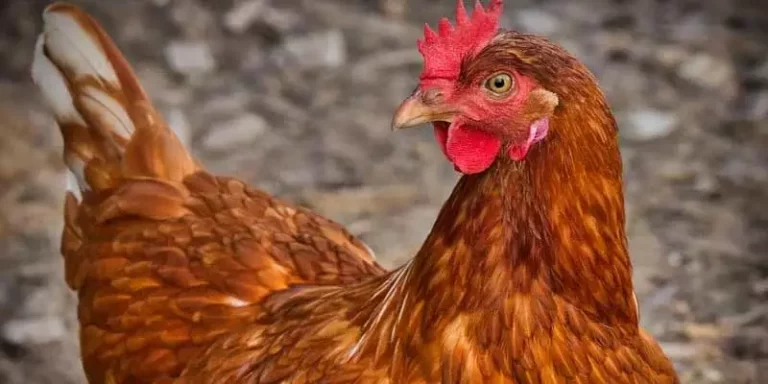If you have backyard chickens, there are many things you may wonder about them. One of them is while the chickens are sleeping, you hear them making a snoring noise. But do they really snore? Or is this just an urban legend? And if they do, what causes it, and can it be treated?
The answer to all these questions is yes! Chickens do indeed snore, and there are several different reasons why. Here’s everything you need to know about snoring in chickens.
Do Chickens Really Snore?
Snoring in chickens is a very real phenomenon. It’s definitely not just something that exists in cartoons or jokes about how silly chickens are for laying eggs all day long. In fact, snoring may be one of the most common signs of illness in chickens.
What Causes Chickens To Snore?
Snoring in chickens is a fairly common occurrence, but it can be worrisome to the owners of these birds. Snoring can be caused by a number of different factors, including changes in diet and environmental conditions. However, snoring is not necessarily indicative of health problems in chickens.
Snoring is a sound that some birds make while they are sleeping. It is caused by airflow being partially obstructed as it passes through the nasal passages and throat. This causes the breathing passages to vibrate and create noise as air passes through them. The sound usually resembles snorting or wheezing noises that occur intermittently as the birds sleep.
Why Do Chickens Snore?
Chickens will snore when they are asleep because their throats are relaxed during this time and therefore more easily obstructed by inhaled particles. These particles can include dust, dirt, or even feathers if they get lodged in the chicken’s throat while she sleeps.
If a chicken has been eating too much grain or other foods that expand when wetted, she may also experience snoring due to her throat becoming swollen from excess fluid buildup.
Chickens Can Make a Lot of Different Sounds
Chickens are not just the most common type of poultry on farms, but they are also the most varied.
One thing that separates chickens from other types of poultry is that chickens can make a lot of different sounds. Other types of poultry, such as ducks and turkeys, usually only make one sound. Chickens can even learn to talk!
Chicken sounds include:
Cluck-cluck: This is the sound made when chickens are laying eggs or eating their food. It sounds like a clucking noise when they are eating and a non-stop clucking noise when they are laying eggs. The frequency varies depending on how hungry or thirsty the chicken is. If you want to know whether or not your chickens are hungry, just listen to this sound!
Cackle: This is an exciting noise made by females when they have laid an egg or if they see their chicks in danger. It sounds like laughing or cackling (hence its name). Females also make this sound when they’re feeling threatened or attacked by predators such as raccoons, foxes, or skunks so that their chicks will run away from them and hide in tall grasses.
Does Snoring Mean Your Chicken Has a Respiratory Issue?
Snoring is a common issue with chickens, but it doesn’t necessarily mean that your chicken has a respiratory issue.
Snoring can be caused by a number of factors, including:
Hair in the nostrils. If your chicken has long hair around her nostrils and throat, this can get sucked into her trachea and cause snoring. To prevent this from happening, trim any long hairs near her mouth and neck.
Obesity or weight gain. If your chicken is overweight or gaining weight too quickly, she may experience difficulty breathing while sleeping because she cannot expand her chest cavity to accommodate more air. To prevent obesity in chickens, feed them healthy diets that are high in protein and low in carbohydrates.
Infections or disease. A respiratory infection or illness can cause snoring because it affects how much oxygen your chicken gets during sleep cycles. If you notice that your chicken appears to be struggling to breathe during sleep or wakes up gasping for breath after falling asleep, take her to the vet immediately!
Conclusion
Chickens do snore, although some breeds are more prone to it than others. The cause is often a combination of genetics, smaller airways, or both. A good way to reduce a snoring chicken’s noise is by making sure they get plenty of exercises to stimulate the growth of larger nasal passages and the flow of oxygen-rich blood in their nose and throat.


